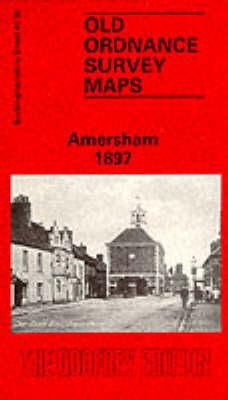Full Product Details
Author: Dagyab Rinpoche ,
Maurice O'C. Walshe
Publisher: Wisdom Publications,U.S.
Imprint: Wisdom Publications,U.S.
Dimensions:
Width: 15.20cm
, Height: 1.30cm
, Length: 22.80cm
Weight: 0.227kg
ISBN: 9780861710478
ISBN 10: 0861710479
Pages: 160
Publication Date: 01 November 1995
Audience:
General/trade
,
General
Format: Paperback
Publisher's Status: No Longer Our Product
Availability: Awaiting stock

The supplier is currently out of stock of this item. It will be ordered for you and placed on backorder. Once it does come back in stock, we will ship it out for you.
Reviews
This timely book preserves something very valuable-symbols as the visual manifestation of the psyche. The author deserves our thanks. Highly recommended. --Herbert Guenther, author of Wholeness Lost and Wholeness Regained Dagyab Rinpoche is an extraordinary person who combines Western scholarship with the depth of the wisdom of being a Tibetan lama. --Martin Kalff, founding member of the International Society for Sandplay Therapy Symbolism is the language of the human spirit and this book is the most systematic study of its Tibetan idiom that has yet appeared. --Huston Smith, author of The Illustrated World's Religions
Symbolism is the language of the human spirit and this book is the most systematic study of its Tibetan idiom that has yet appeared. --Huston Smith, author of The Illustrated World's Religions
""As Dagyab Rinpoche defines each symbol, he further illuminates the concepts inherent in Tibetan Buddhism which is, in its earthly manifestation, voluptuously visible.""-- ""Booklist"" ""Dagyab Rinpoche is an extraordinary person who combines Western scholarship with the depth of the wisdom of being a Tibetan lama.""--Martin Kalff, founding member of the International Society for Sandplay Therapy ""Fills a long felt gap in the study of Tibetan art and symbols in English.""-- ""The Tibet Journal"" ""Interesting for both the specialist and any interested reader.""-- ""Himalayan Research Bulletin"" ""Symbolism is the language of the human spirit and this book is the most systematic study of its Tibetan idiom that has yet appeared.""--Huston Smith, author of The Illustrated World's Religions ""This timely book preserves something very valuable-symbols as the visual manifestation of the psyche. The author deserves our thanks. Highly recommended.""--Herbert Guenther, author of Wholeness Lost and Wholeness Regained
"""As Dagyab Rinpoche defines each symbol, he further illuminates the concepts inherent in Tibetan Buddhism which is, in its earthly manifestation, voluptuously visible.""-- ""Booklist"" ""Dagyab Rinpoche is an extraordinary person who combines Western scholarship with the depth of the wisdom of being a Tibetan lama.""--Martin Kalff, founding member of the International Society for Sandplay Therapy ""Fills a long felt gap in the study of Tibetan art and symbols in English.""-- ""The Tibet Journal"" ""Interesting for both the specialist and any interested reader.""-- ""Himalayan Research Bulletin"" ""Symbolism is the language of the human spirit and this book is the most systematic study of its Tibetan idiom that has yet appeared.""--Huston Smith, author of The Illustrated World's Religions ""This timely book preserves something very valuable-symbols as the visual manifestation of the psyche. The author deserves our thanks. Highly recommended.""--Herbert Guenther, author of Wholeness Lost and Wholeness Regained"
Author Information
Born in Tibet, His Eminence Loden Sherab Dagyab Rinpoche immigrated to Germany in the 1960s where he now lives and teaches Tibetan and Buddhist Studies at the University of Bonn. Robert Thurman holds the Jey Tsong Khapa Chair in Indo-Tibetan Buddhist Studies at Columbia University. After education at Philips Exeter and Harvard, he studied Tibet and Tibetan Buddhism for almost thirty years as a personal student of His Holiness the Dalai Lama. He has written both scholarly and popular books, and has lectured widely all over the world. As President of the American Institute for Buddhist Studies, he convened the First Inner Science Conference with His Holiness the Dalai Lama at Amherst College in 1984. He is also a founding trustee of Tibet House New York.




